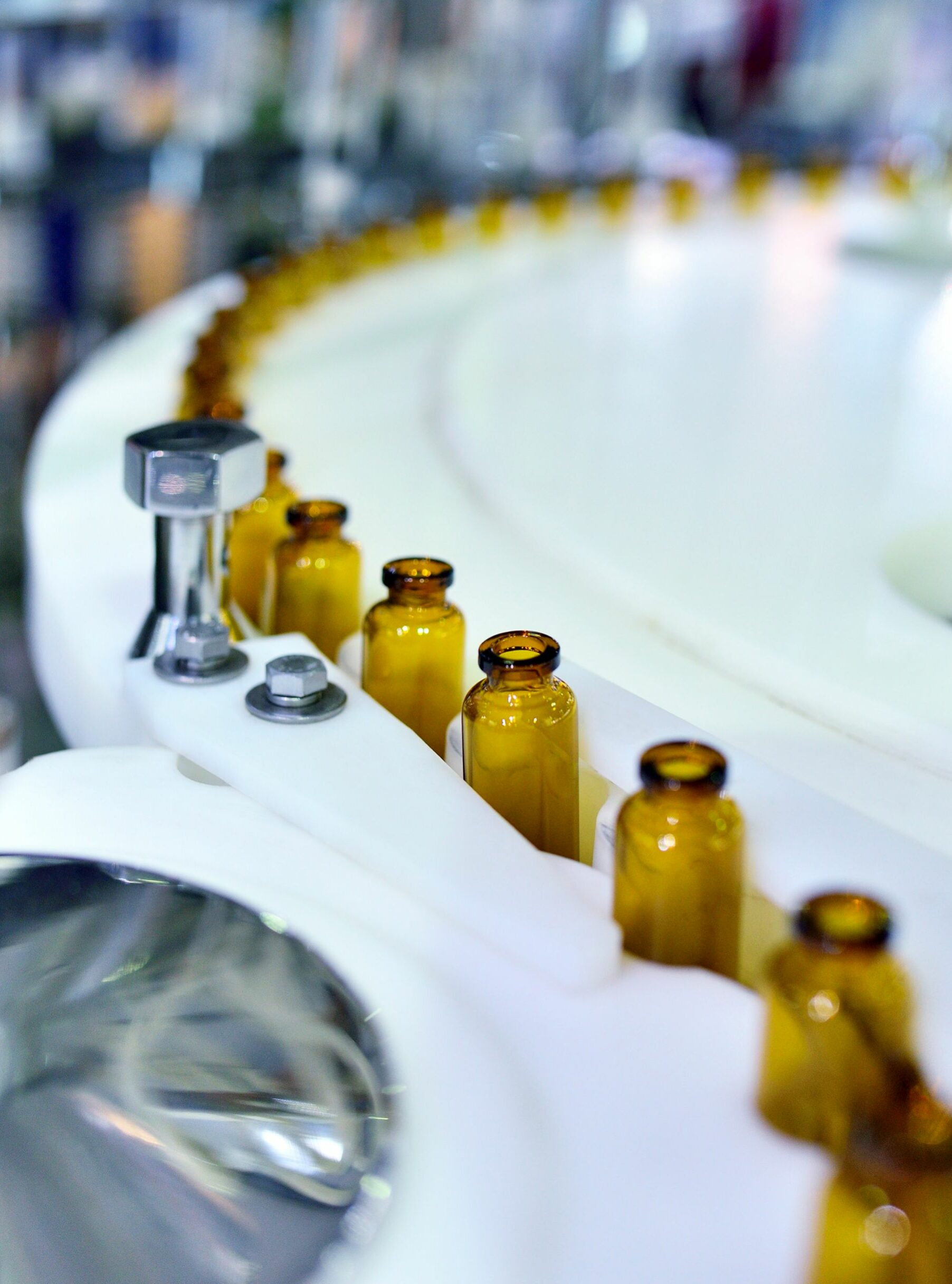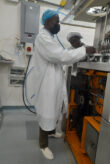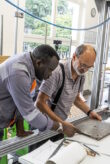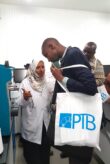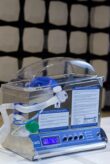In nearly all areas of our everyday life, Covid-19 has been presenting us with huge challenges. This also applies to our work routines. Whereas people working in certain professions can work from home, this is simply impossible for others. In such cases, the workplace must, despite the pandemic, provide employees with a safe environment and meet enhanced hygiene requirements. It is important, in particular in the pharmaceutical sector, to avoid contamination and to guarantee the safety and quality of the produced pharmaceutical products by means of validated cleaning procedures.

In case studies, participants got the chance to reflect on their working environment and possible improvements.
A step in this direction is the e-learning course Hygiene Concepts, Cross-Contamination Risks and Cleaning Validation (cGMP) for the Pharmaceutical Sector that took place in February as part of PTB’s project on “Upgrading of Quality Infrastructure in Africa”. We received 117 applications from 19 African countries. This shows how relevant this topic is. The training course, which was organized together with the African Organisation for Standardisation (ARSO), aimed to make workplaces safer. The lecturers therefore sensitized the participants to the different ways the coronavirus may spread in a work environment and made recommendations with regard to hygiene concepts for pharmaceutical production plants. Moreover, the course provided practical information focusing on the risks of cross-contamination and on the validation of cleaning procedures in the production of quality-assured pharmaceuticals. The course was designed based on the standards and requirements of the World Health Organization’s (WHO) current Good Manufacturing Practices (cGMP).

Analysing the applicable cGMP requirements was a crucial part of the e-learning course.
In three weeks, the participants learnt, for example, how they and their staff could protect themselves from a Covid-19 infection, how to determine appropriate cleaning procedures for different types of devices, and how to identify and assess potential cross-contaminations. The contents were conveyed in the form of practical examples, lessons, quizzes, discussion forums and exercises. These as well as the interactive practice we offered proved very popular with the participants. As one of the participants concluded, this was “a very good stepping stone for the improvement of our daily practices”. Others emphasized that the topics addressed were highly relevant and that they wished similar forms of training would also be offered for other aspects of the Good Manufacturing Practices. This wish will soon be coming true: further units are already in preparation.
The 22 participants from pharmaceutical production plants and national regulation authorities can now spread their newly acquired knowledge within their institutions. They are prepared not only for working during an epidemic or a pandemic, but are also in a better position to produce and regulate quality-assured pharmaceuticals in accordance with national and international standards.
Currently, Africa is still importing more than 80 % of the pharmaceutical products, ingredients and consumables it requires. The consequences of this dependence on imports have become particularly obvious in the course of the Covid-19 pandemic and in the resulting breakdown of global supply chains, which made access to quality-assured pharmaceuticals even more problematic. Fostering health care by encouraging the local production of pharmaceuticals based on international standards is important – not only during the current pandemic, but also to further sustainable development in Africa.
Images © iStock, Dawa Ltd Kenya


